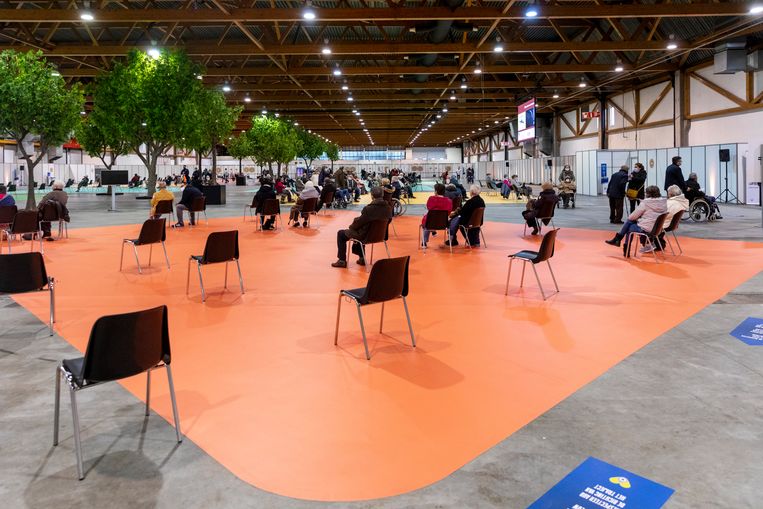By the end of the month, 70-75% of the adult population should have received at least one dose of a coronavirus vaccine, and by August, the same percentage should be fully vaccinated, according to Vaccine Task Force officials.
So far 60% of people aged 18 years and over in Belgium have received at least the first dose of a coronavirus vaccine, they said on Saturday at a press conference.
"If the situation remains stable, 70% of the 18+ group will have been fully vaccinated by August," the officials said.
They warned, however, that “vaccine deliveries are still chaotic,” particularly those from AstraZeneca and Johnson & Johnson, of which millions of doses had to be destroyed following a cross-contamination problem in the United States.
Pfizer/BioNTech is expected to deliver close to four million additional doses by the end of July, and over 736,000 doses of the Moderna vaccine are also expected.
Related News
- Prime Minister De Croo received first dose of coronavirus vaccine
- Bringing forward second dose of AstraZeneca vaccine 'not possible yet'
For its part, AstraZeneca has announced the delivery of 764,000 doses by late June, but no supply amounts have been announced for July.
Some 36,000 doses of the Johnson & Johnson vaccine are to arrive on 14 June, but there is no certainty about future deliveries.
"Some 1.4 million people have so far received a first dose of AstraZeneca and 400,000 have received both doses, which means a million people are still waiting to be fully vaccinated with this vaccine," Task Force official Sabine Stordeur explained.
"The expected deliveries do not allow us to reduce the time between the two doses of AstraZeneca for everyone, but it is within the regions’ purview to do any reprogramming," particularly for vulnerable groups, she added.
Task Force officials also commented on the photos that have gone viral on social media in recent days, showing objects sticking to the skins of vaccinated persons.
"Vaccines absolutely do not make the skins of vaccinated persons magnetic," said the University of Namur’s Jean-Michel Dogné.
"What can be observed is the phenomenon of things sticking to the skin because of a localised inflammatory reaction," added the researcher, whose university did a study on the issue.
The Brussels Times

